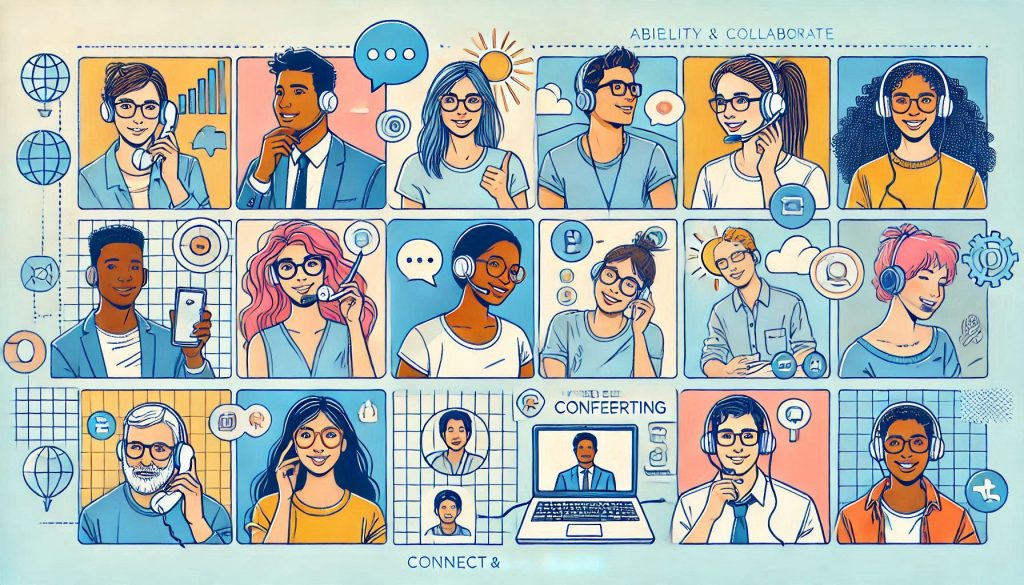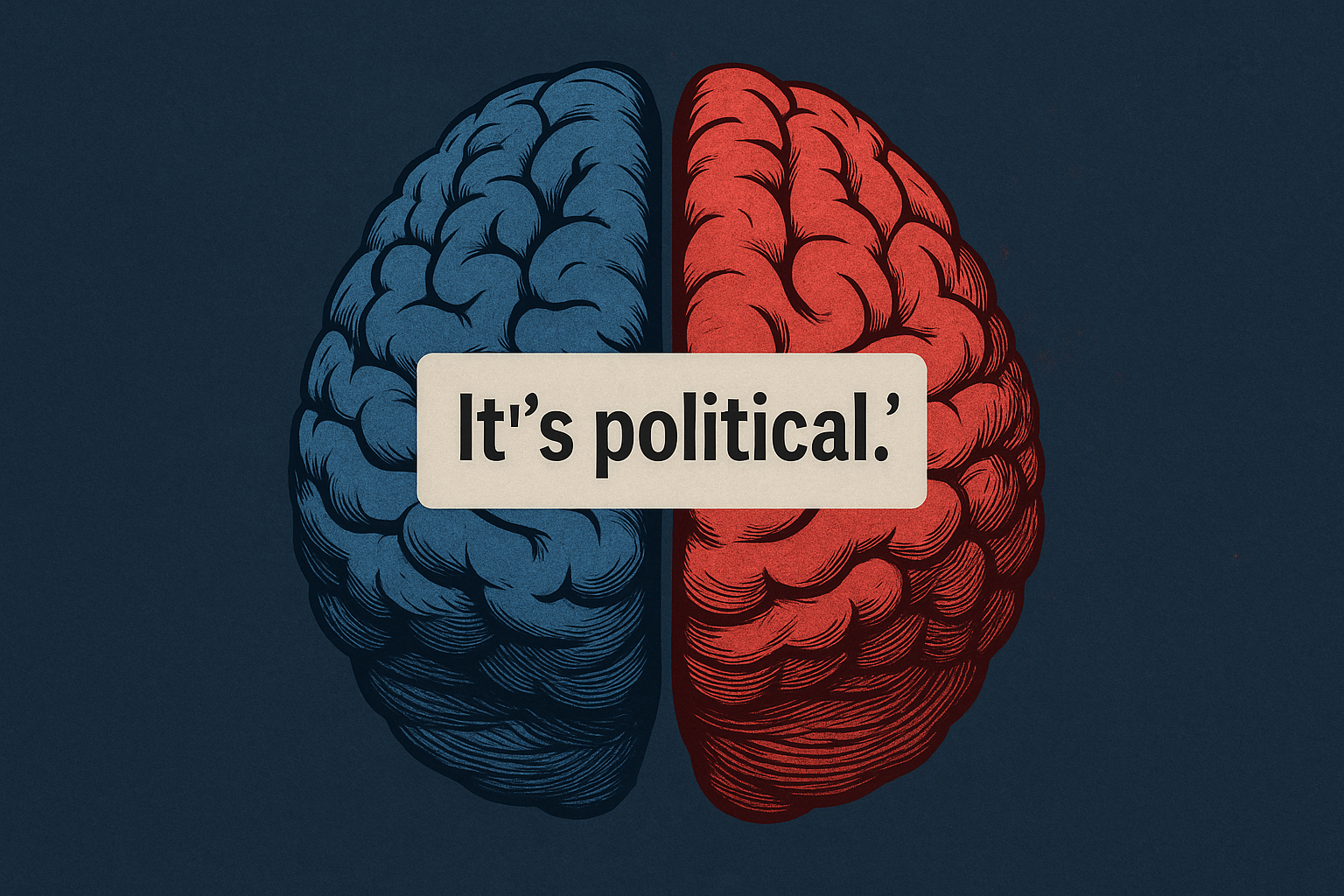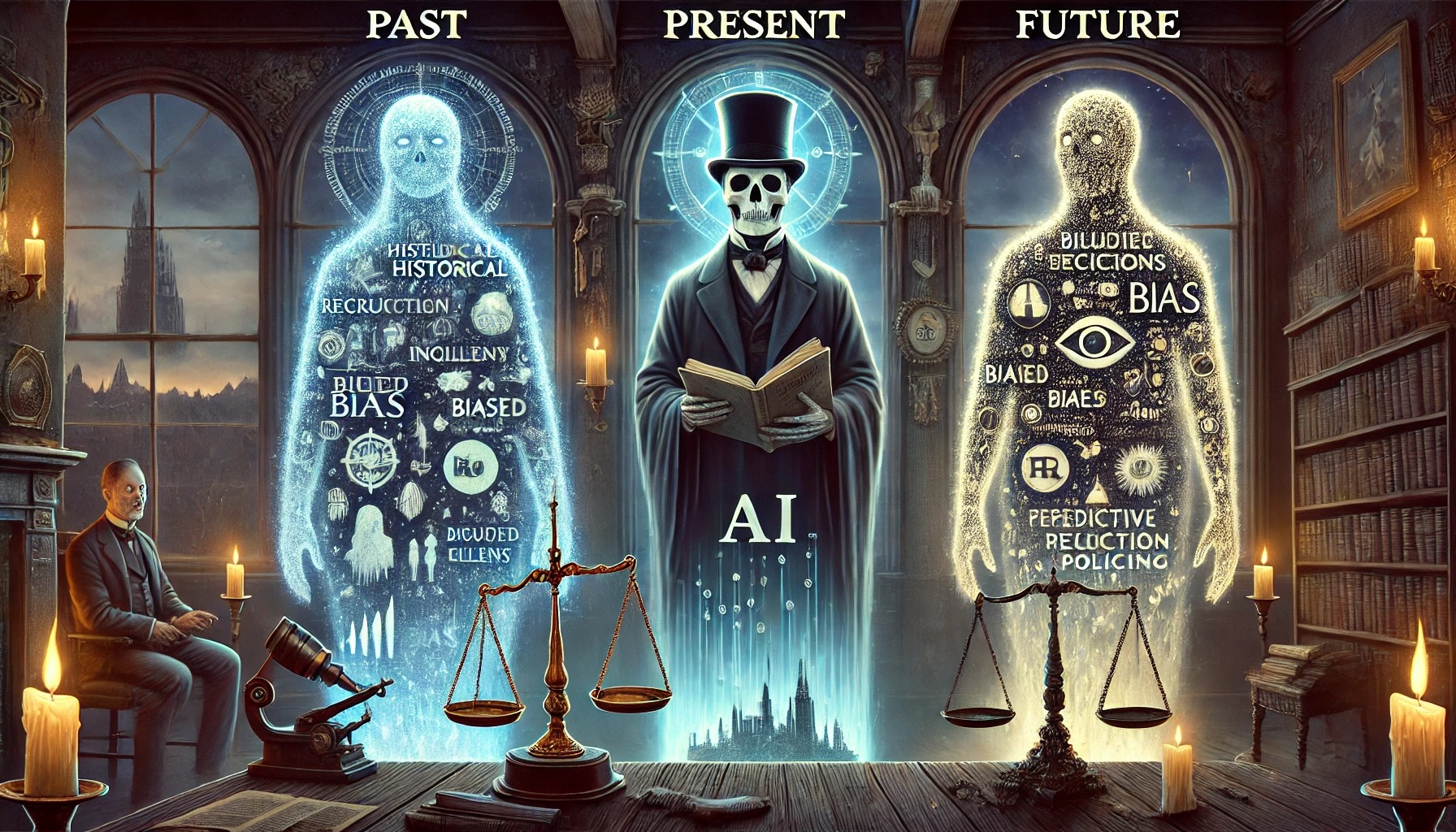In January 2020, the Percipio Company anticipated its best year on record, marking the end of what I fondly refer to as the “BC Era”—Before Covid. However, the year quickly turned infamous as we adapted to a new way of living and working under “Shelter in Place.” Our ability to connect and collaborate was significantly facilitated by widespread access to fast Wi-Fi, built-in camera devices, and video conferencing tools like Zoom, allowing even the most reluctant participants to engage.

BLM→CRT→DEI
The tragic murder of George Floyd brought about a racial reckoning in America, pushing conversations about race into mainstream dialogue. In the previous decade, only progressive non-profits and educational institutions had dared to grapple honestly with these issues. During this time, we also witnessed counter-narratives emerging, such as “All Lives Matter” and “Blue Lives Matter,” which sought to divert attention from the specific issues highlighted by the Black Lives Matter movement at a moment when those discussions were desperately needed.
As we moved into 2021, the conversation shifted again with a marked rise in opposition to Critical Race Theory (CRT). Legislative efforts to ban its teaching gained momentum, fueled by conservative think tanks, further complicating the discourse around race and education in America. This backlash highlighted the ongoing struggle for equity and inclusion, illustrating the challenges that lie ahead in addressing systemic racism. Some examples of headlines and events from 2021 include:
- “What Is Critical Race Theory, and Why Is It Under Attack?” (Education Week, May 2021)
- “Trump issued an executive order on Sept. 22, 2020, that challenged critical race theory and sounded an alarm about its impact.” (Free Speech Center)
- “Fox News has mentioned ‘critical race theory’ 1,300 times in less than four months.” (Brookings Institution, August 2021)

The surge in negative attention to CRT in 2021 was largely driven by various media outlets, political figures, and state legislatures, who framed it as a divisive and harmful ideology. Despite many legal scholars’ limited understanding of CRT, it was claimed that elementary students would grasp it and that it would undermine their educational foundation. Some of the leading voices were Republican lawmakers, the Heritage Foundation, and Christopher Rufo, all of whom receive unprecedented attention/credit/blame depending on your political leanings. In 2024, Robby Starbuck, made a name for himself by conflating CRT with DEI and shifting the venomous attacks to an acronym that took on a new meaning. DEI was successfully rebranded as something that it is incapable of being.
DEI Don’t Want to Have This Conversation Anymore
By the end of 2024, a coordinated and strategic messaging campaign has emerged across at least 10 states—namely Alabama, Florida, Idaho, Indiana, North Carolina, North Dakota, Tennessee, Texas, Utah, and Wyoming—where restrictions on diversity, equity, and inclusion (DEI) initiatives have been enacted through legislation or executive orders. This campaign against “woke” policies has gained significant traction, showcasing a growing movement among Republican lawmakers.

The push against DEI initiatives is not limited to just these 10 states; in fact, more than 30 states have seen Republican lawmakers introduce or pass over 100 bills aimed at either restricting or regulating DEI initiatives during the current legislative session. This widespread effort reflects an organized strategy to voice concerns about the perceived overreach of DEI programs, framing them as divisive or harmful ideologies.
Through these legislative actions and the accompanying messaging, the campaign seeks to foster fears around “woke” agendas, resonating with constituents who share apprehensions about the changing social landscape. By leveraging legislative power and targeting educational and workplace initiatives, this movement aims to reshape public perception and policy surrounding diversity and inclusion in America.
What About Inclusive Leadership?
This article is a call for Inclusive Leadership. To date, the “I” of DEI seems to have been left out of the stigma. Show me a leadership book written in the past 30 years that doesn’t identify key Inclusive Leadership principles as essential to leading businesses in the 21st century. Here are five skills that I think are most relevant for 2025 and beyond:
- Empathetic Communication – Leaders are trained to communicate in a way that shows understanding and respect for diverse perspectives.
- Conflict Resolution – Developing skills to effectively address and resolve conflicts in a constructive manner is crucial for inclusion.
- Intentional Introspection – Leaders are encouraged to engage in self-reflective practices to recognize their biases and the impact of those biases on their decision-making and leadership style.
- Perception Discernment – Being able to distinguish between truth and fiction. Especially when it comes to politically motivated tropes, narratives and social media stories.
- Cultural Awareness – Understanding and appreciating cultural differences among team members to promote a more inclusive and equitable workplace.
The demographics, workplace cultural norms, social constructs, policies, processes, and that nature of work itself continues to evolve. 21st century leaders need to adapt or go out of business. The work we do will continue to change at perhaps an even more frenetic pace. The question of how we lead is now just as critical as why we lead. Inclusive leadership isn’t optional—it’s essential for business survival and long-term success.
Take the Human Delta Assessment
The assessment consists of 20 statements designed to spark insightful, personal, and productive conversations with HR leaders. These results allow you to gain insights and explore:
– Perceptions of organizational policies and processes.
– Experiences of communication and collaboration among teams.
– Coaching to identify barriers that hinder performance and efficiency.
– Foster emotional connections and alignment with organizational values.
– Overall job satisfaction and engagement levels among employees.

Percipio Company is led by Matthew Cahill. His deep expertise in cognitive, social, and workplace biases is rooted in the belief that if you have a brain, you have bias®. He works with executives to reduce mental mistakes, strengthen workplace relationships & disrupt existing bias within current HR processes, meeting protocols and corporate policies. Matthew has demonstrated success with large clients like LinkedIn, Salesforce and dozens of small to mid-size companies looking to create more inclusive workplaces, work smarter, generate more revenue and move from bias to belonging®.





